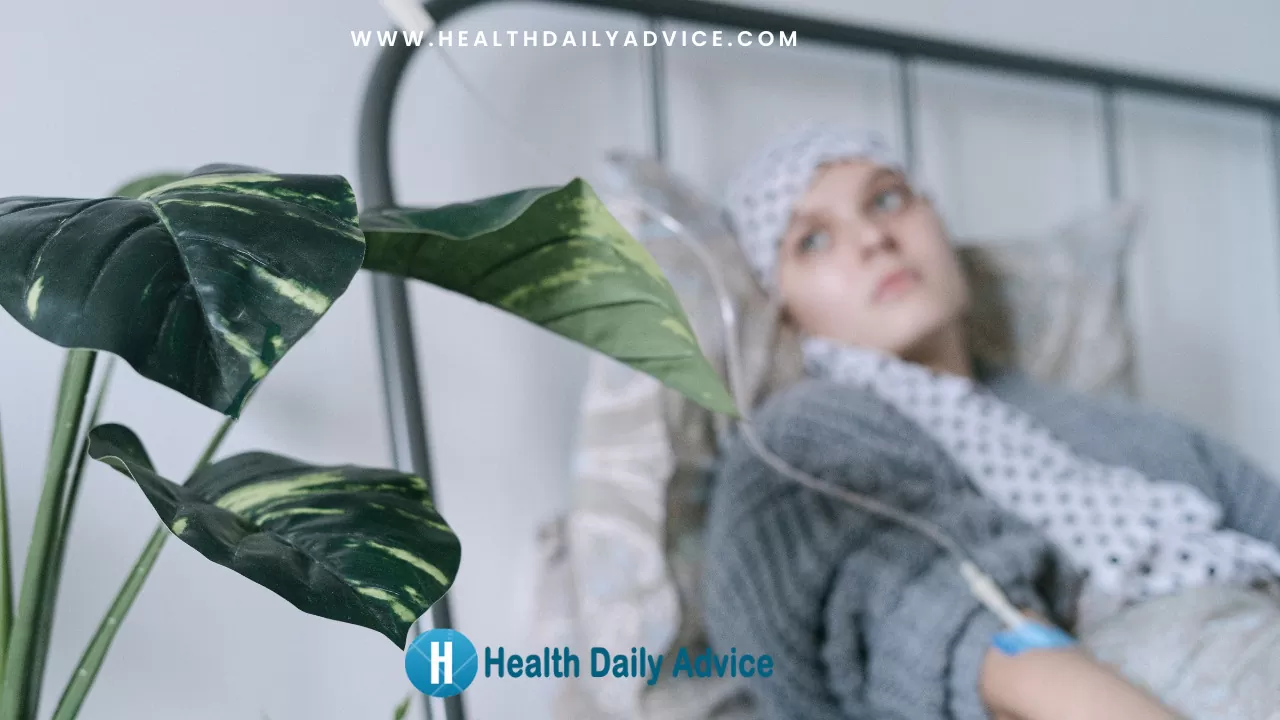Introduction
Cancer remains a global concern, claiming lives every year. Early detection is paramount for effective treatment. Regrettably, many individuals disregard warning signs until cancer progresses. Recognizing symptoms promptly is crucial. This article sheds light on 9 Common Cancer Symptoms You Should Not Ignore and demands immediate attention.
Cancer is a group of diseases characterized by the uncontrolled growth and spread of abnormal cells. While cancer can develop in any part of the body, some common sites include the lungs, breast, colon, prostate, and skin. Early detection of cancer is key to successful treatment, so it is important to be aware of the common symptoms.

9 Common Cancer Symptoms:
1. Unexplained Weight Loss:
Sudden and unexplained weight loss can be a sign of various cancers. If you have lost more than 10% of your body weight without intending to, it is important to speak with your doctor. This symptom may be accompanied by loss of appetite, nausea, and vomiting.
2. Fatigue:
Fatigue is a common symptom of cancer, particularly during advanced stages. If you feel tired all the time, even after getting enough sleep, it could be a sign of cancer. If fatigue persists for weeks, it is important to talk to your doctor.
3. Persistent Cough:
A persistent cough could be a sign of lung cancer or other respiratory cancers. If you have a cough that lasts for more than three weeks, cough up blood, or experience chest pain, it is important to get evaluated by a doctor.
4. Changes in Bowel Habits:
Changes in bowel habits could be a sign of colon or rectal cancer. This may include diarrhea, constipation, or changes in stool size or shape. It is important to speak with your doctor if you experience these symptoms.
5. Blood in Urine or Stool:
Blood in urine or stool could be a sign of bladder, kidney, or colorectal cancer. If you experience blood in urine or stool, it is important to speak with your doctor immediately.
6. Skin Changes:
Changes in the skin, including the development of new moles, can be a sign of skin cancer. If you notice any changes in the color, shape, or size of a mole, or if a new mole appears, it is important to get it checked by a doctor.
7. Mouth Sores:
Mouth sores that do not heal could be a sign of oral cancer. This includes sores on the lips, gums, tongue, or other areas of the mouth. If you have mouth sores that last longer than two weeks, it is important to see a dentist or doctor.
8. Swelling or Lumps:
Unexplained swelling or lumps in the breast, testicles, lymph nodes, or other parts of the body could be a sign of cancer. If you notice any new lumps or swelling, it is important to speak with your doctor.
9. Abdominal or Pelvic Pain:
Abdominal or pelvic pain that persists could be a sign of ovarian or colon cancer. If you experience persistent pain in these areas, it is important to speak with your doctor.
Conclusion
In conclusion, early cancer detection significantly improves treatment success. Pay attention to your body, seek medical attention for the mentioned symptoms, and remember that not all symptoms guarantee cancer. However, erring on the side of caution is advised.
FAQs
No, these symptoms can indicate other health issues. It’s crucial to consult your doctor to rule out cancer.
Yes, early detection enhances treatment success rates significantly.
It’s prudent to seek medical evaluation if any of these symptoms manifest.
Yes, some cancers may remain asymptomatic until advanced stages.
Screening frequency depends on age, sex, and family history. Consult your doctor for personalized screening recommendations.
Note:
Share your thoughts or experiences in the comments. If you found this helpful, feel free to share and stay tuned to Health Daily Advice for more cancer-related articles.












